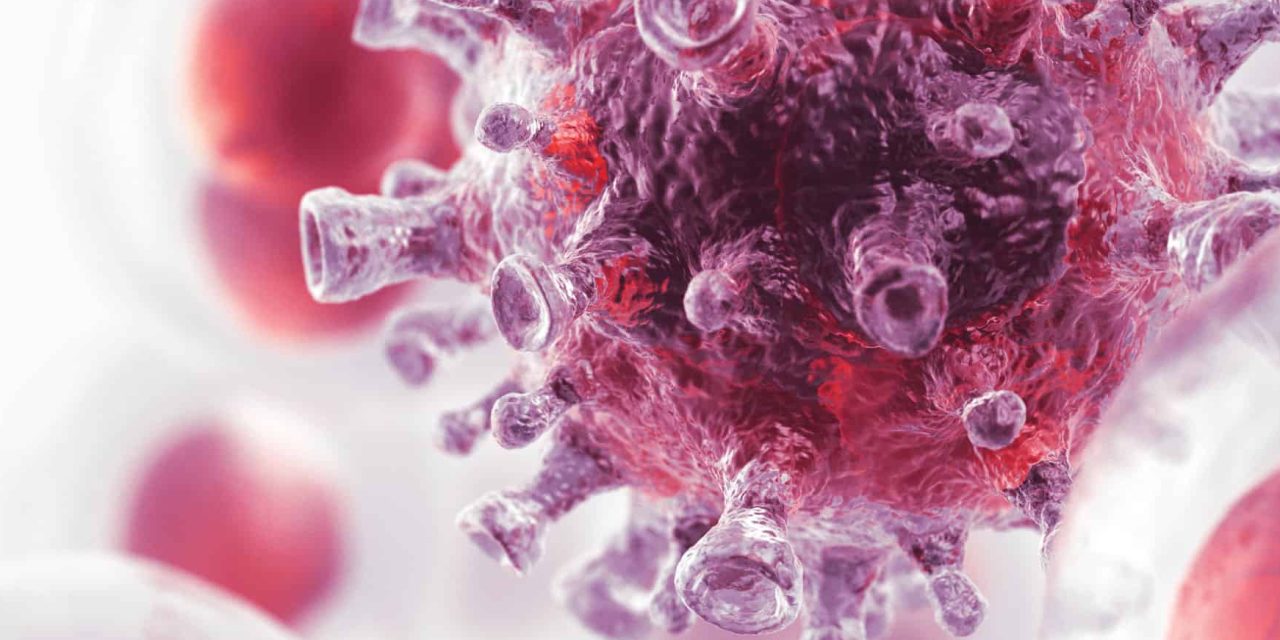Coronavirus disease 2019 (COVID 19) is an emerging infectious disease caused by a novel coronavirus SARS-CoV2 that was first identified in Wuhan, China 2019 and that led to a worldwide pandemia. In addition to typical respiratory signs (dry cough, shortness of breathing), some patients may develop gastrointestinal and hepatological complications including diarrhea or acute hepatitis, respectively. Due to the close contact to the patient’s secretion, the gastroenterologists are at increased risk of getting the infection. Therefore, a proper individual risk stratification before every endoscopic procedure is highly recommended. Endoscopy personnel should reduce exposure hazards by keeping a distance from the patient and using gloves, face masks, face shields and gowns. Taking into the consideration the fact that the virus proliferates in the gastrointestinal (GI) tract, special attention should be given to handling with stool specimens. In patients obtaining FMT for recurrent C. difficile infection, recommended screening measures include donor’s medical history and testing for SARS-CoV-2 presence in pharyngeal and stool specimens.
What does a gastroenterologist need to know in the time of SARS-CoV-2 pandemia?


